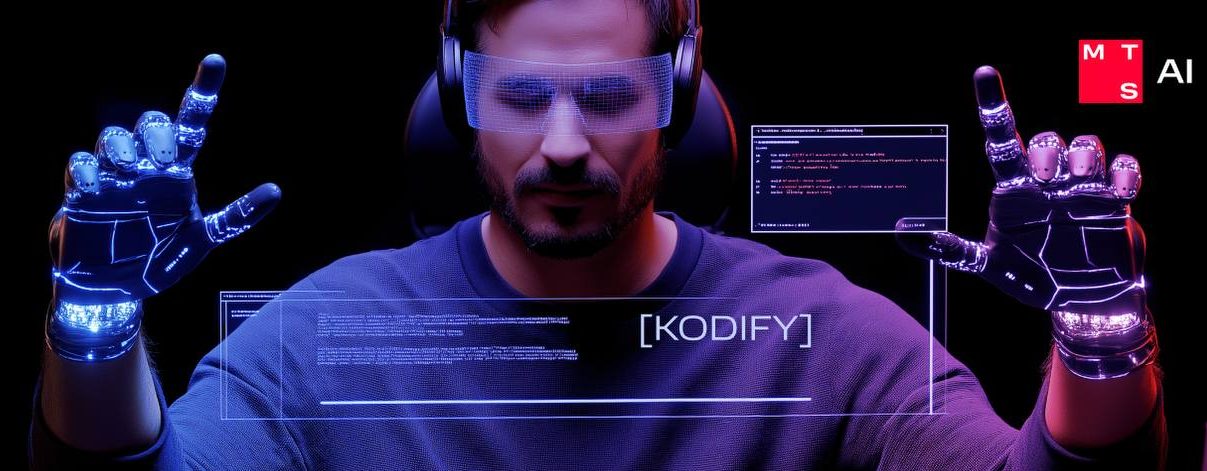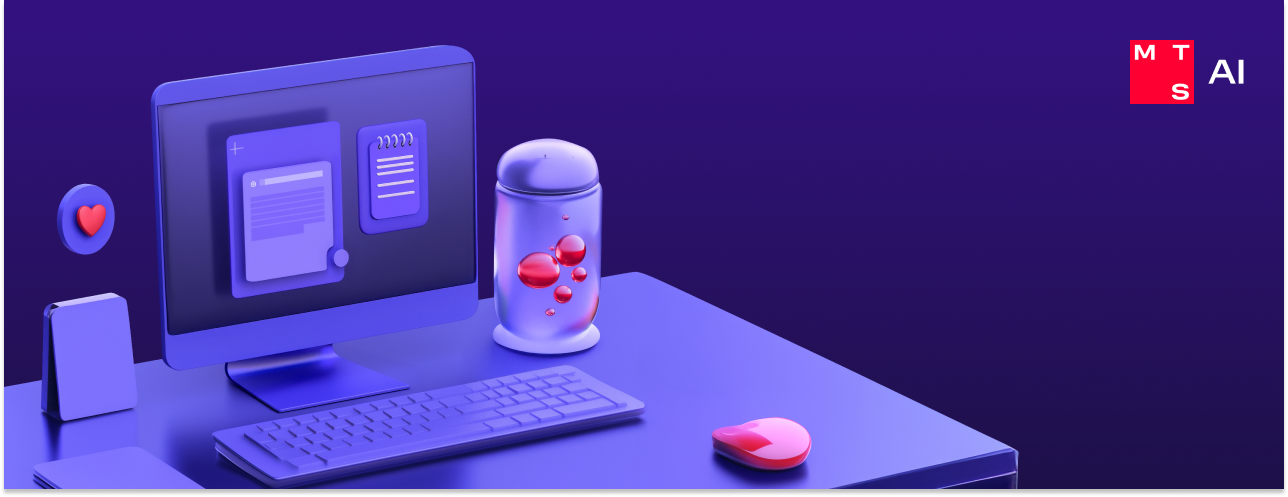We are happy to introduce the third issue of our #infocusAI digest! You will learn which country is leading in AI research, how vertebrate evolution assists in designing robots, how AI learns to make ethical decisions, and why the US healthcare system needed a massive voice database linked to their owners’ medical data.
AI-focused digest – News from the AI world
State of AI Report: China consolidates its AI leadership
The latest State of AI report from Air Street Capital’s Nathan Benaich and Plural’s co-founder Ian Hogarth confirms that China is strengthening its leading role in artificial intelligence research. China has published more AI-related research papers than the US, UK, India and Germany combined since 2010, and this gap in numbers is quite significant. For example, Chinese researchers released 4.5 times more publications than their American peers. Their R&D projects are primarily focused on smart surveillance, autonomous solutions, scene understanding and object detection. Incidentally, this is not the only intriguing takeaway from the report. You can read article for more on what AI startups and big companies are up to at the moment. It also has links to the reports from previous years.
Japanese researchers draw inspiration from vertebrate evolution to design robots
Inspired by the evolution of vertebrates, researchers from the universities of Kyoto and Nagoya have come up with a new automated approach to robot design. They talked about their suggested solutions in the September issue of the magazine. The Japanese speculated that a feature typical for vertebrates, namely the declining number of bones in the skeleton as they evolved, could be used to improve the morphology and control of robots. To test this assumption, they created a system capable of engineering new robots by removing unnecessary rigid parts from their more sophisticated legacy designs, this way sort of mimicking the evolution of vertebrate animals. At the same time, the researchers intend to keep the robot’s performance at an adequate level. The approach has been proven viable in a series of tests. You can read article for more information.
AI learns to make ethical decisions like humans
A multi-disciplinary team of researchers from the United States is teaching AI to better manage intricate moral and ethical problems. This will come in handy when creating smart systems designed to communicate with people in distress, for example, virtual assistants for healthcare institutions. Researchers believe the principal shortcoming of all past attempts to fit ethics into AI’s decision-making process was that the entire complexity of human moral reasoning was simply disregarded. To fix this, the researchers took the Agent, Actions, Consequences model reflecting how people make tough moral decisions in the real world and reshaped it into a format suitable for designing AI-enabled applications. To make it happen, they had to devise a new mathematical formula and a number of related decision trees. For more information, read published by the authors of this approach.
Electric flying taxi is tested in Dubai
China’s XPeng Inc. has recently tested its new project – an electric flying taxi. They chose Dubai as their test ground. The taxi had an empty cockpit during the test flight, but the company says they did manned flights before. The new taxi is designed to carry two passengers at a top speed of 130 kilometers per hour. Experts, however, say we are still far from getting over with traffic in the city streets. There are still many problems to solve, like making batteries last longer, upgrading the control systems and setting up the necessary infrastructure. Read article to learn more about the project.
USA to create AI-powered app for voice-based disease diagnostics
A massive voice data collection project launched in the United States is expected to help develop an AI-powered application that can diagnose diseases based on the patient’s voice. The project is part of the Bridge to AI program sponsored by the US Government with the purpose of creating databases in healthcare. Project leader Yael Bensoussan from the University of South Florida says your voice and breath can tell a lot about your health. Voice data can be analyzed to diagnose Parkinson’s disease, stroke, depression, and even cancer. Researchers will spend the next four years collecting a database of 30,000 patient voices in conjunction with their clinical records and genetic data. They will then construct an app to help general practitioners refer their patients to relevant specialty care providers. In the long run, popular voice assistants can also acquire the disease diagnostics capability. Read more .













